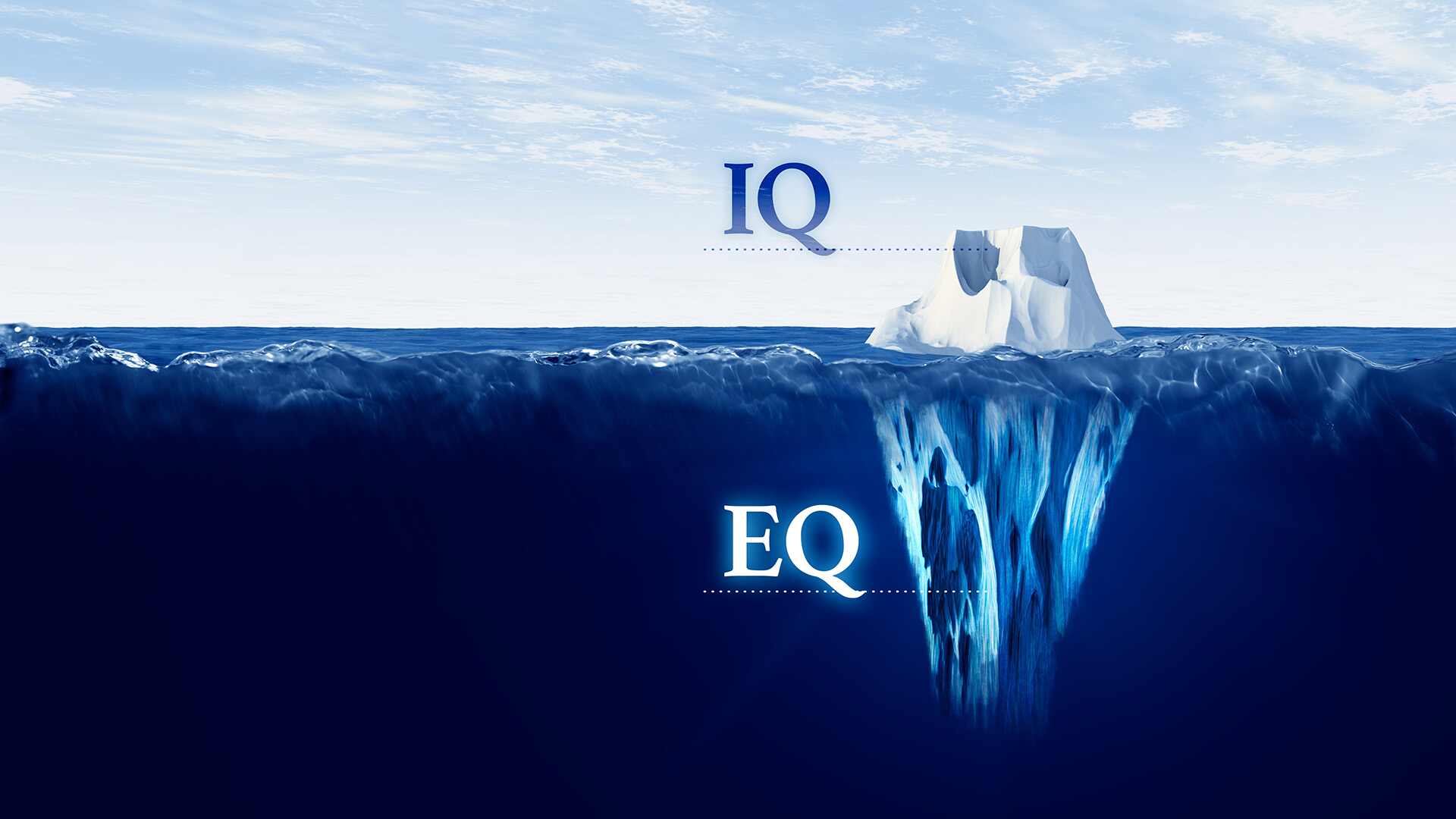
For decades, the criteria for leadership success were closely related to IQ (Intelligence Quotient) – the capacity to process information, analyze data and make logical decisions. High IQ leaders were believed to be superior performers in problem-solving, critical thinking, and strategic thinking as compared to their peers. Yet, recent studies have pivoted attention to Emotional Intelligence (EQ) as one of the primary separators between effective and ineffective leaders.
Schedule a call with a Pragati Leadership expert to discuss how we can support your strategic objectives.
Schedule your CallIQ and EQ have varying purposes. Although IQ underpins technical proficiency and decision-making, EQ is paramount for relationship building, collaboration, and team performance. Which one actually defines success in leadership today, when it’s all about both adaptability and people management?
The Role of IQ in Leadership:
IQ is still an important part of a leader’s toolbox, especially in jobs that rely on logic, analytical skills, and technical expertise. An IQ-strong leader can figure out complicated problems very quickly, formulate organized plans, and promote innovation. Studies have shown that cognitive intelligence has a hand in making one a successful leader, but it plateaus as you reach higher levels.
While a recent study from the Harvard Business Review found that IQ is a potent predictor of early career success, that impact wanes once you move into senior roles. That’s because leadership is no longer merely about making the right decisions; it’s about motivating others to translate those decisions into action.
Why Emotional Intelligence Is More Important?
Unlike IQ, EQ influences self-awareness, relationship management, and resilience – skills that are essential to leading people and driving engagement. Leaders who possess high emotional intelligence communicate more effectively, handle workplace challenges with empathy, and foster an environment of trust.
According to a 2021 report from McKinsey & Company, leaders with high emotional intelligence encourage 20% more employee engagement and create better working relationships. Likewise, a Deloitte Insights survey in 2022 found that organizations with emotionally intelligent executives experience lower turnover levels and more productivity.
Renowned psychologist Daniel Goleman identified five components of EQ – self-awareness, self-regulation, motivation, empathy, and social skills – that are vital for the modern-day leader. An emotionally-unintelligent leader might be good on strategy but very bad at keeping good people, solving problems and having a positive workplace.
EQ vs. IQ: The Mark of a Successful Leader:
Recent studies point out the dichotomy – IQ may get leaders into the boardroom, but EQ is what keeps them there and determines their success. According to a 2023 study from Harvard Business School, executives with high EQ perform 35 percent better in leadership effectiveness than their peers. The reason behind it is leaders can form high-performing teams, navigate uncertainty, and ultimately be calm in a crisis through emotional intelligence.
IQ may be critical for planning and structured decision-making; however, leadership is a people-centric function. Great leaders do more than solve problems; they provoke people to act on solutions.
Its Business Case: Why Emotional Intelligence Matters?
Forward thinking organizations are embedding EQ development into leadership programs. Organizations like Microsoft and Google have incorporated emotional intelligence coaching into their leadership curricula, acknowledging that leaders who can make sense of and regulate feelings from themselves and others, build more resilient, nimble teams.
A 2023 study conducted by MIT Sloan Management Review found that organizations implementing EQ-based leadership development programs experienced a 25% increase in both team performance and decision-making efficiency. These insights further strengthen the view that EQ isn’t just a soft skill but a business necessity.
Is There a Leadership Without Emotional Intelligence?
Leadership without EQ may be competent, but not emotionally connected. The most respected leaders today – in business, sports or politics – have the capacity to connect with people, facilitate change, and lead through uncertainty with compassion.
A recent Forbes Leadership Report stated leaders with low emotional intelligence have difficulties with employee retention, conflict resolution and long-term team motivation. On the other hand, high EQ people build more engaged, loyal, and high-performing teams.
No one expects you to be the smartest person in the room – you’ll outsmart and succeed them all if you understand people, can adapt to challenges that arise, and can lead with both empathy and vision. Emotional intelligence is not optional – it is an imperative in today’s business landscape.
While IQ lays the groundwork for logical reasoning and strategic decision-making, it is emotional intelligence that determines how well leaders connect, influence and inspire. While both are necessary, the landscape of the modern workplace places more and more value on the ability to adapt, work collaboratively and build trust – making EQ the more accurate predictor of success in a leadership role.
So, what do you think matters more in leadership success – IQ or EQ? Let’s talk about it in the comments.
Share on Social Channels
Our Categories
Categories
- Behaviorial (7)
- Blog (279)
- Certified People Manager Program (5)
- Coaching (9)
- Corporate Trainers (7)
- Developing Collaboration (12)
- Emotional Intelligence Training (13)
- Executive Leadership Program (30)
- First Time Manager Training (13)
- Growth Mindset Course (3)
- Inspirational Leadership (23)
- Inspiring and Successful Leadership Awards (23)
- Leadership Awards (44)
- Leadership Development (127)
- Leading Virtual Teams (6)
- Management Development (29)
- Marketing (2)
- Negotiation Skills Training (8)
- Organizational Transformation (25)
- Others (24)
- Stakeholder Management (3)
- Strategic Leadership Development Program (4)
- VUCA Leadership (2)
- Wholesome Leadership (23)
- Women Leadership (16)
Recent Insights
“Leadership is not about a title or a designation. It’s about impact, influence, and inspiration”....
“We need women at all levels, including the top, to change the dynamic, reshape the...
“Executive presence isn’t something you are born with – it’s something you can cultivate. And...
“Transformational leadership focuses on developing, inspiring, and motivating followers to reach their full potential rather...
“Every expert was once a beginner. Embrace the journey”. Startups face unique challenges and have...
